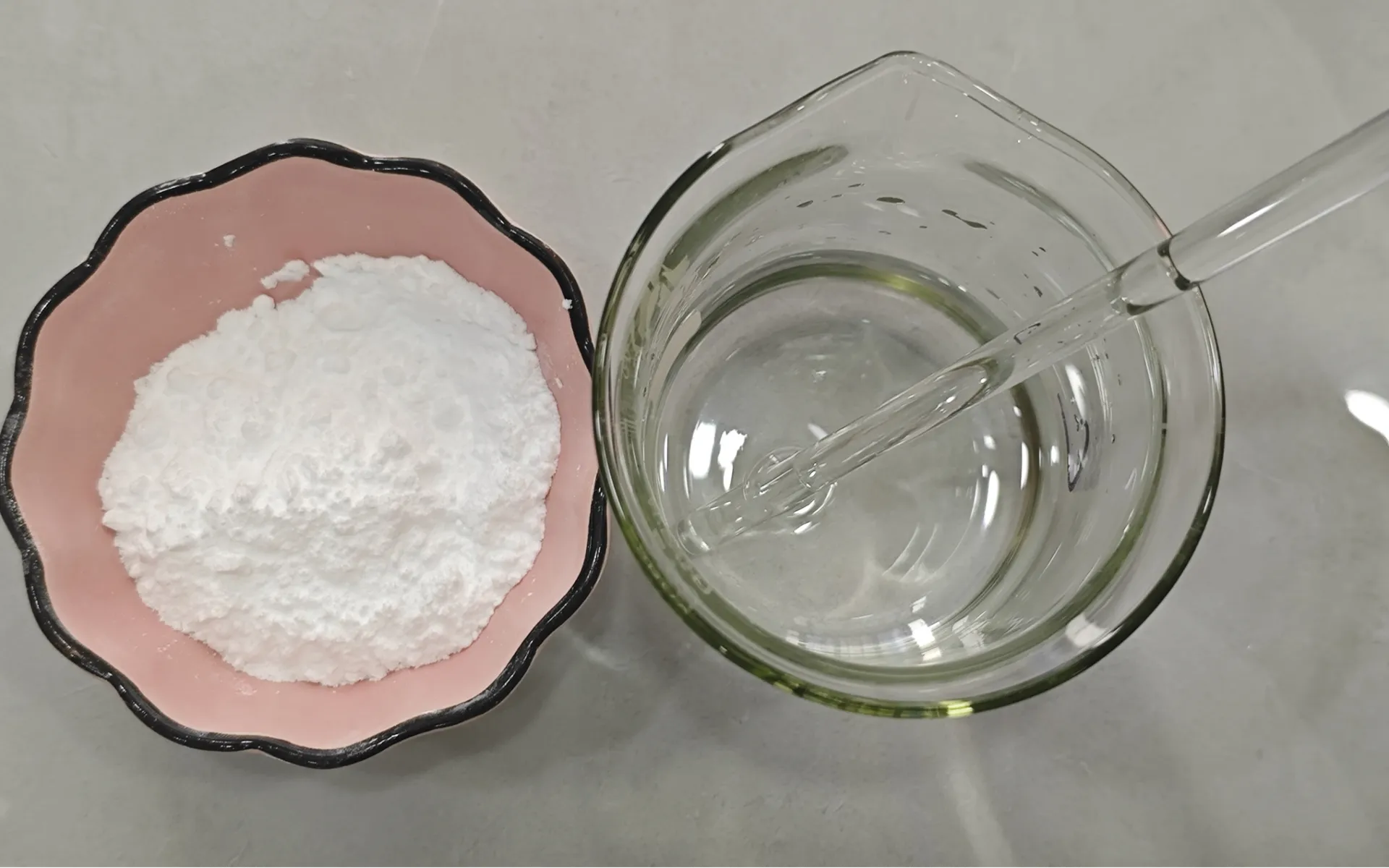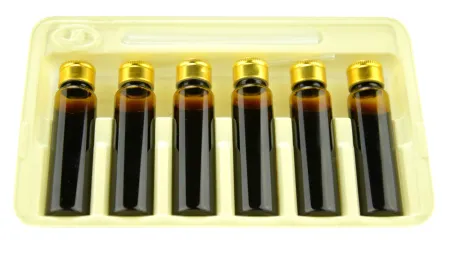
Foam and Set Control in Industrial Applications: Key Agents for Better Performance
In modern industrial manufacturing, controlling the rate of setting and managing unwanted foam are two critical factors that impact productivity, quality, and consistency. Whether in construction materials or pharmaceuticals, the right combination of additives can dramatically improve processing and end-product performance.

Balancing Set Time and Foam Control in Gypsum and Pharmaceuticals
One such product, wholesale gypsum set retarder xysjn1, plays a vital role in the gypsum industry. It helps delay the setting time of gypsum-based materials, giving manufacturers and builders more flexibility during mixing, pouring, and application. This is especially useful in large-scale projects or prefabricated products, where uniformity and controlled curing are essential. The wholesale gypsum set retarder xysjn1 is known for its high efficiency, minimal dosage requirement, and compatibility with a wide range of gypsum formulations.
However, alongside setting time, controlling foam during production is equally important. Foam can lead to voids, weak spots, and surface imperfections. This is why manufacturers turn to various types of chemical antifoam agents, which are specifically designed to prevent or eliminate foam in water-based systems.
For example, عامل السيليكون المضاد للرغوة is widely used across multiple industries due to its excellent thermal stability, long-lasting effectiveness, and low dosage requirement. It spreads quickly on foam surfaces, collapsing bubbles and preventing new foam formation. It’s especially effective in gypsum processing, paint production, and high-temperature applications.

Exploring Antifoaming Agents Across Industries
In addition to silicone-based solutions, manufacturers are increasingly turning to sustainable alternatives. A natural anti foaming agent is derived from renewable resources like plant oils, fatty acids, or esters. These agents are biodegradable and offer a lower environmental impact, making them ideal for companies focused on eco-friendly formulations.
In the pharmaceutical industry, foam control is not just about production efficiency—it's a matter of product quality and safety. An عامل مضاد للرغوة صيدلاني must meet stringent purity and regulatory standards. These agents are used in processes like fermentation, tablet coating, and liquid formulations, where foam can interfere with consistency, dosing accuracy, and stability.

Common examples of antifoaming agents used across industries include:
Silicon antifoaming agent (for paints, coatings, and high-temp systems)
Polyether-based agents (for water treatment and adhesives)
Vegetable oil-based agents (used as natural anti foaming agent)
Fatty alcohols and esters (in food and pharmaceutical applications)
Mineral oil-based agents (for inks and coatings)
Each type has its own strengths and must be matched to the specific processing conditions—such as pH, temperature, and surface tension—of the target system.
Selecting the right chemical antifoam agent ensures smooth operation, reduces product defects, and prevents equipment wear caused by foam overflow. Whether used in combination with a wholesale gypsum set retarder xysjn1 or alone in a liquid drug formulation, defoamers are indispensable to modern production lines.
Five Product FAQs with Titles
FAQ 1: What makes the wholesale gypsum set retarder xysjn1 different from other retarders?
Answer:
The wholesale gypsum set retarder xysjn1 offers consistent setting delay, low dosage requirements, and excellent dispersion in gypsum mixtures. It is especially suitable for precision applications in decorative panels and large-scale construction components.
FAQ 2: When should I use a silicon antifoaming agent?
Title: Silicone Defoamers: Where and When to Use Them
Answer:
Use عامل السيليكون المضاد للرغوة in systems with high temperature, aggressive chemicals, or where long-lasting foam control is needed—such as in cement, latex, and industrial coating applications.
FAQ 3: Are there eco-friendly alternatives to silicone-based defoamers?
Title: Going Green with Natural Anti Foaming Agents
Answer:
Yes, natural anti foaming agent options made from plant-derived oils and esters provide effective foam suppression in environmentally conscious formulations. They are widely used in biodegradable detergents, water-based adhesives, and agricultural sprays.
FAQ 4: What are the considerations for using anti foaming agents in pharmaceutical production?
Title: Anti Foaming Agent Pharmaceutical: Quality and Compliance
Answer:
Pharmaceutical-grade عامل مضاد للرغوة صيدلاني must meet high purity standards and be approved for use in drug processing. They're essential in fermentation, oral liquids, and injectable formulations where foam affects dosing and stability.
FAQ 5: Can you provide some common examples of antifoaming agents used in industry?
Answer:
Yes. Some widely used agents include عامل السيليكون المضاد للرغوة, fatty alcohols, polyethers, mineral oils, and natural anti foaming agent options. These agents are selected based on system compatibility, efficiency, and environmental impact.
-
Understanding Water Reducing Admixture Types: A Complete Guide to PCE Polycarboxylate Ether SolutionsNewsJul.11,2025
-
The Ultimate Guide to Wholesale Powder Water Reducing Admixture CP1000 for Concrete SolutionsNewsJul.11,2025
-
The Ultimate Guide to Water Reducing Admixtures for Concrete: Types, Applications, and Market InsightsNewsJul.11,2025
-
The Ultimate Guide to Redispersible Polymer Powder (RDP): Types, Applications, and Market InsightsNewsJul.11,2025
-
Boosting Strength, Workability, and Efficiency with Modern SolutionsNewsJul.11,2025
-
A Complete Guide to Redispersible Polymer Powder (RDP): Properties, Manufacturing, and Market InsightsNewsJul.11,2025





















